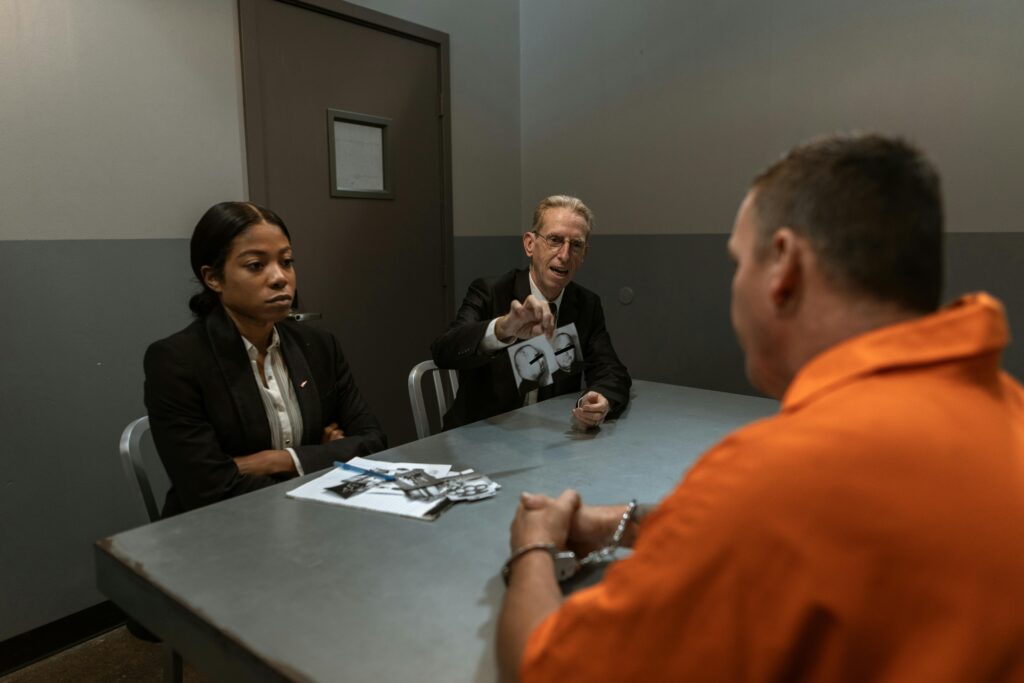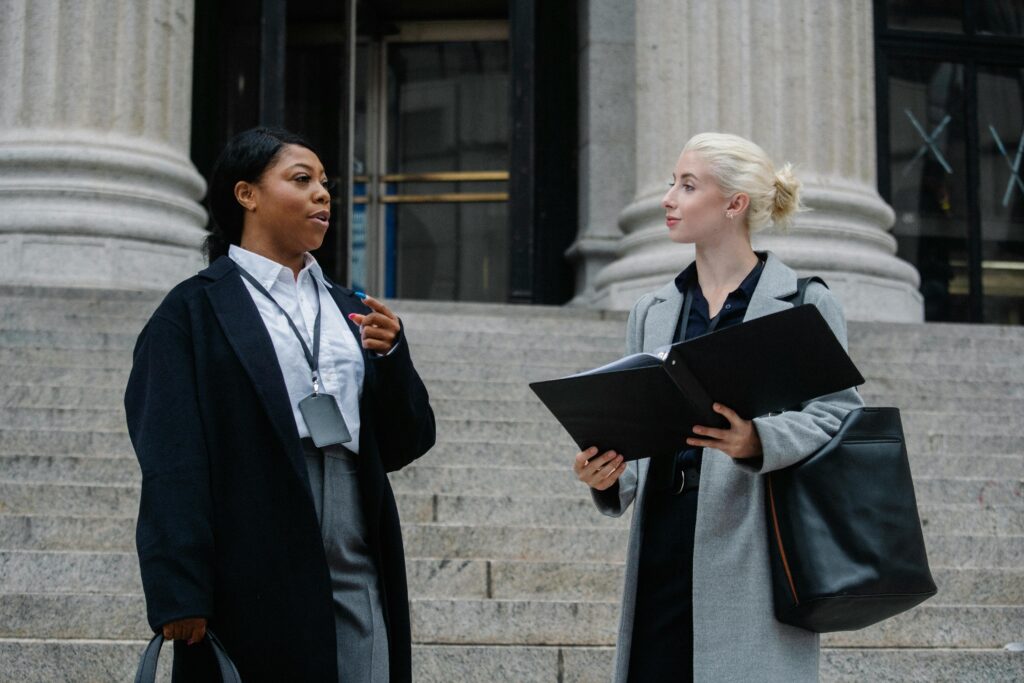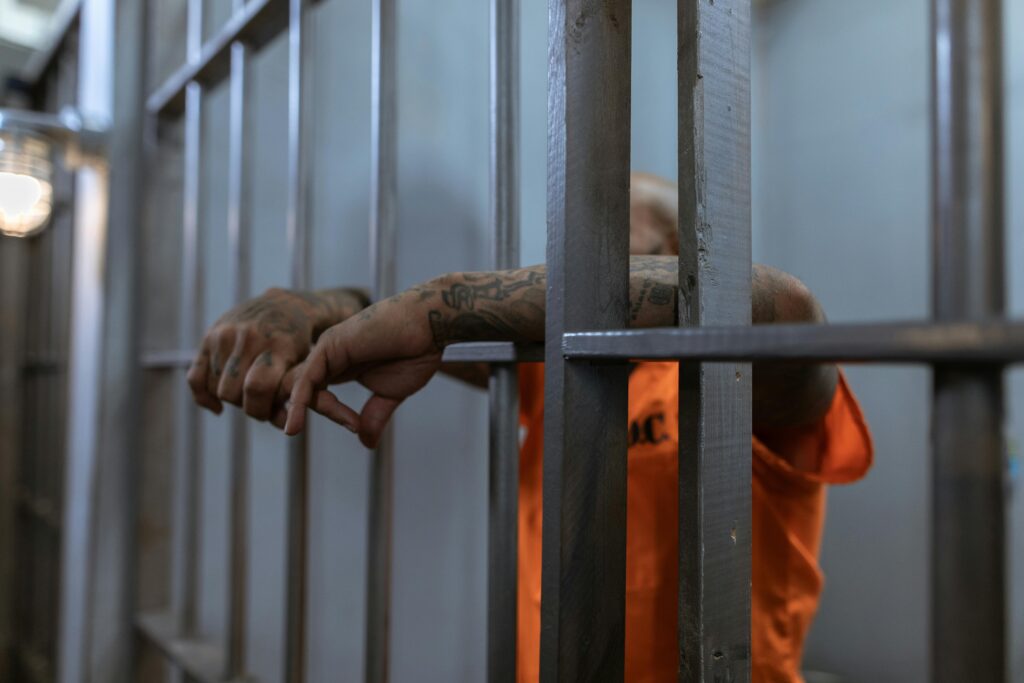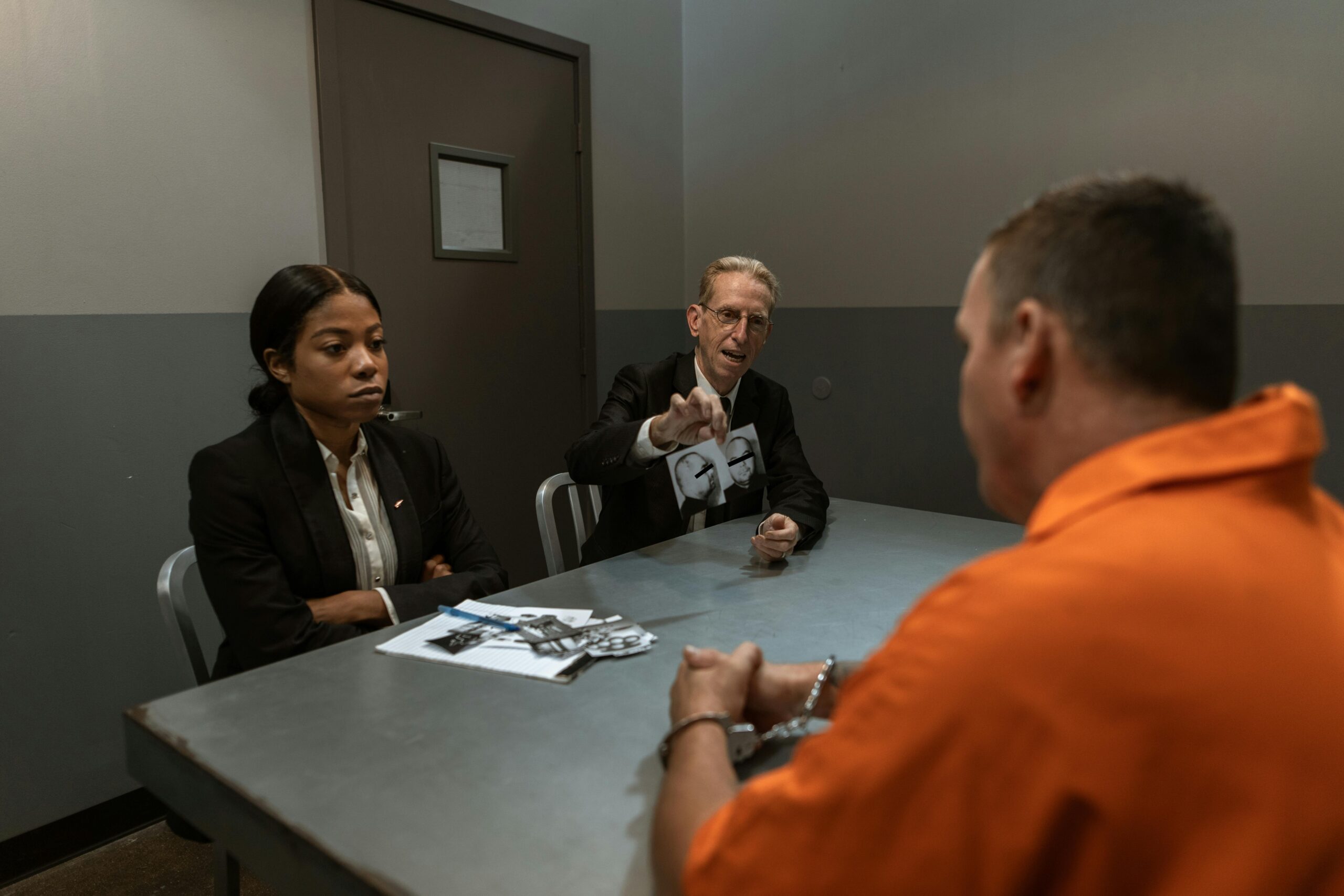Presentation:
Within the maze of the legitimate framework, criminal legal counselors stand as signals of trust, shields of rights, and gatekeepers of equity. Their profession is as requested because it is crucial. From high-profile cases that capture the public’s consideration to ordinary trials that go unnoticed, criminal attorneys play a significant part in guaranteeing reasonable treatment for the denounced, maintaining the run the show of law, and protecting the standards of equity. In this article, we dive into the multifaceted world of criminal legal counselors, investigating their obligations, challenges, and the significant effect they have on society.

The Part of Criminal Attorneys:
At the heart of the criminal equity framework lies the rule that everybody is entitled to a reasonable trial and competent lawful representation. Criminal attorneys are the encapsulation of this rule. They serve as advocates for people blamed for violations, exploring the complexities of the lawful handle for their sake. Their obligations envelop a wide run of duties, including:
Legitimate Exhortation and Direct:
One of the essential parts of criminal attorneys is to supply legitimate exhortation and guidance to their clients. They assess the subtle elements of the case, clarify the charges against the charged, and prompt them on their rights and choices.
Defense Technique:
Making a robust defense technique is vital in criminal cases. Legal counselors fastidiously analyze proof, meet witnesses, and investigate significant laws to create a defense that best serves their client’s interface.
Court Representation:
Criminal attorneys speak to their clients in court procedures, counting arraignments, and safeguarding hearings, trials, and requests. They display contentions, cross-examine witnesses, and advocate for reasonable treatment beneath the law.

Transaction and Supplication Haggling:
In numerous cases, criminal attorneys lock in arrangements with prosecutors to reach supplication understandings that will result in decreased charges or sentencing. This requires a fragile adjustment between pushing for the client’s interface and looking for a determination that serves the interface of equity.
Client Promotion:
Past the court, criminal legal counselors serve as staunch advocates for their clients, working resolutely to ensure their rights, respect, and well-being all through lawful preparation.
Challenges Confronted by Criminal Legal Counselors:
The way of a criminal legal counselor is full of challenges, both proficient and personal. Here are a few of the foremost critical obstacles they encounter:
Enthusiastic Toll:
Managing the complexities of criminal cases can take a critical passionate toll on legal counselors. They frequently hook with the weight of speaking to people charged with genuine violations, seeing the effect on casualties and families, and exploring the ethical and moral problems inborn in their calling.
High-Stakes Cases:
Criminal legal counselors as often as possible handle high-stakes cases with possibly life-altering results for their clients. The weight to secure favorable results whereas following strict legitimate benchmarks can be monstrous.
Long Hours and Strongly Workload:
The requests of lawful calling are infamous for long hours, tight due dates, and a serious workload. Criminal legal counselors juggle different cases at the same time, requiring remarkable time administration and organizational aptitudes.

Open Examination:
High-profile cases regularly draw in strong media examination, setting extra weight on criminal attorneys to perform beneath the highlight. Each word talked and activity taken in court can be dismembered and analyzed by the open and the press.
Moral Problems:
Criminal legal counselors must explore complex moral situations in their homes, adjusting their obligation to give enthusiastic representation for their clients with broader considerations of equity, reasonableness, and proficient astuteness.
Impact on Society:
The work of criminal attorneys amplifies distant past-person cases; it shapes the texture of society and the organization of equity as an entire. Here are a few ways in which criminal legal counselors have a significant effect on society:
Defending Rights:
Criminal attorneys play a vital part in defending the sacred rights and freedoms of people charged with wrongdoings. By guaranteeing due handle and reasonable treatment under the law, they contribute to the upkeep of a fair and equitable society.
Anticipating Wrongful Feelings:
The energetic backing of criminal attorneys regularly leads to the exoneration of wrongfully indicted people. Through fastidious examination and lawful representation, they reveal premature deliveries of equity and offer assistance to anticipate future wrongful feelings.
Holding Control to Account:
In cases where government specialists exceed their bounds or damage individuals’ rights, criminal legal counselors serve as guard dogs, holding control to account and requesting responsibility and straightforwardness within the organization of equity.
Advancing Value and Reasonableness:
Criminal attorneys endeavor to advance value and decency in the legitimate system, advocating for breaking even with treatment regardless of race, ethnicity, financial status, or other components. Their work contributes to the progressing interest of a more fair and comprehensive society.

Maintaining the Run the Show of Law:
At its center, the part of criminal legal counselors is to maintain the run the show of law and guarantee that equity is managed unbiasedly and without preference. By protecting the rights of the denounced and challenging manhandle of control, they fortify the establishment of a majority rule society administered by the run the show of law.
The Advancement of Criminal Law Hone:
The hone of criminal law has advanced altogether over time, reflecting changes in society, innovation, and legitimate standards. Generally, criminal lawyers were frequently seen with doubt and abhor, seen as protectors of the blameworthy instead of champions of equity. In any case, as legitimate frameworks have developed and societal states of mind have moved, the part of criminal attorneys has experienced a significant change.
One striking advancement is the acknowledgment of the significance of indigent defense. In numerous wards, the correct advice of those incapable of bearing legal representation is revered in law, guaranteeing that indeed the foremost defenseless individuals of society have competent legal representation. Organizations such as open protector workplaces and legal aid social orders play a pivotal part in giving quality representation to people who would something else be incapable of managing it.
Another noteworthy move is the expanding specialization inside the field of criminal law. As laws have gotten more complex and the stakes higher, numerous criminal legal counselors have chosen to center their hone on particular zones such as white-collar wrongdoing, medicate offenses, or gracious rights infringement. This specialization permits legal counselors to create mastery in their chosen region and give more compelling representation to their clients.
The approach of innovation has also had a significant effect on the hone of criminal law. Instruments such as DNA testing, measurable examination, and computerized proof have revolutionized the way criminal cases are explored and litigated. Criminal legal counselors must presently have a profound understanding of the most recent innovative progressions and how they meet with the law to viably speak to their clients.
Challenges in Getting to Equity:
Despite the strides made within the field of criminal law, noteworthy challenges remain in ensuring access to equity for all people. Financial obstructions often prevent marginalized communities from obtaining quality lawful representation, driving to incongruities within the
results of criminal cases. Racial and ethnic minorities, in particular, are excessively affected by these disparities, confronting systemic obstructions at each arrange of the criminal equity handle.
In addition, the expansion of mass imprisonment and corrective sentencing hones has put a gigantic strain on the criminal equity framework, compounding existing imbalances and sustaining cycles of destitution and disappointment. Criminal attorneys must go up against these systemic treacheries head-on, supporting changes that prioritize recovery over discipline, address fundamental social and financial incongruities, and advance options to imprisonment.

The Significance of Ethical Conduct:
Within the interest of equity, criminal attorneys are bound by a strict code of ethics that administers their conduct and proficient duties. Maintaining these moral guidelines is fundamental to keeping up the astuteness of the legitimate calling and guaranteeing the reasonable organization of equity. Key standards incorporate:
Passionate Backing:
Criminal legal counselors must zealously advocate for their clients’ interface inside the bounds of the law. This requires incredible representation, tireless preparation, and an enduring commitment to progressing their clients’ lawful rights.
Confidentiality:
Attorneys are bound by strict rules of privacy, known as attorney-client privilege, which secures communications between a legal counselor and their client from divulgence without the client’s assent. This benefit is basic to cultivating belief and open communication between lawyers and their clients.
Judgment and Genuineness:
Criminal attorneys must follow the most elevated guidelines of keenness and genuineness in their dealings with clients, contradicting guides, the courts, and the open. Any endeavor to misdirect or delude the court could be a genuine breach of moral conduct and can result in disciplinary activity.
Strife of Intrigued:
Lawyers must dodge clashes of intrigue that seem to compromise their capacity to speak to their clients viably. This incorporates abstaining from speaking to clients with conflicting interfaces and unveiling any potential clashes to their clients and the court.

Conclusion:
Criminal lawyers occupy a one-of-a-kind and irreplaceable part within the legitimate framework, serving as advocates, advisors, and gatekeepers of justice. Their work is characterized by dedication, professionalism, and an immovable commitment to maintaining the run of the show of law and securing the rights of the blamed. As society proceeds to hook with complex lawful challenges and advancing ideas of justice, the part of criminal lawyers remains as crucial as ever in ensuring that the standards of reasonableness, correspondence, and due handle are maintained for all people, in any case of their circumstances.
